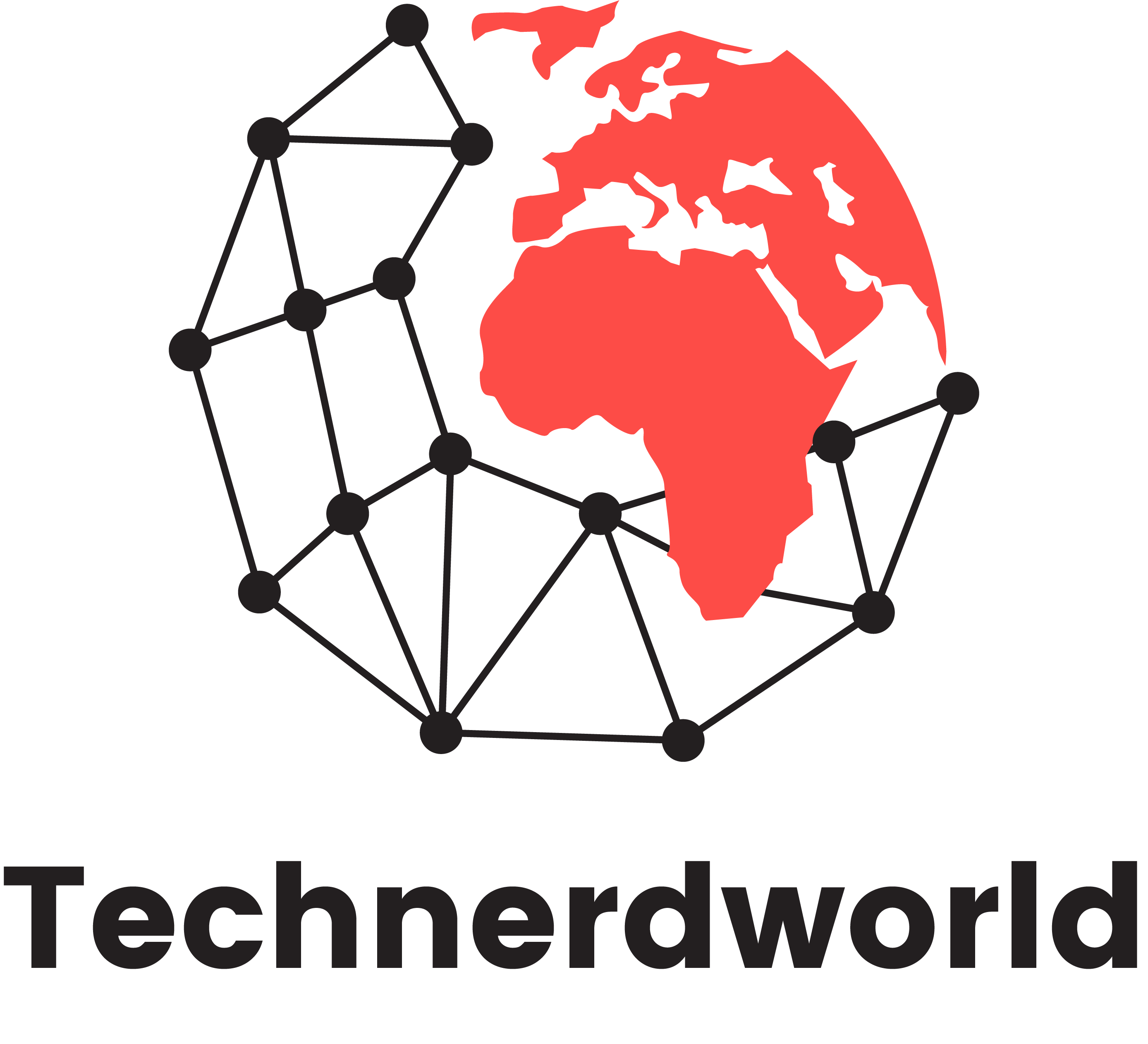The discussion surrounding the possible revolutionary impacts of blockchain technology on the storage and distribution of data has generated great interest and enthusiasm in the IT sector. Then, what precisely is blockchain technology and what are its benefits? In the course of this discussion, we shall analyze the advantages of blockchain technology and explore the determinants that are fostering its growing implementation across various sectors.
Understanding Blockchain Technology
Before we delve into the benefits of blockchain technology, it’s essential to understand its definition. Blockchain technology functions as a decentralized digital ledger that records transactions across a network of computers. Each block in the chain constitutes a list of transactions that remains unalterable once added. Consequently, it provides a secure and transparent method for storing and exchanging data.
Increased Efficiency
Blockchain technology can also improve efficiency in various industries. By automating procedures and minimizing the reliance on intermediaries, transactions can be swiftly executed with fewer errors. Complex supply chain industries can gain substantial benefits from blockchain technology, enabling real-time tracking and verification of the movement of goods. Moreover, the use of smart contracts shows potential in streamlining processes, cutting down the time and resources required for activities like contract management and auditing.
Transparency and Traceability
A fundamental aspect of blockchain is its transparency and traceability. Each block in the chain contains an unchangeable list of transactions, ensuring that all transactions are recorded and can be traced back to their origin. This establishes a transparent and auditable data record.
This feature proves valuable in industries such as supply chain management, where the movement of goods can be monitored and verified at each stage. Beyond enhancing trust and accountability, this capability serves to thwart fraud and counterfeit products.
Enhanced Collaboration
Blockchain technology holds promise in enhancing collaboration among businesses and individuals. Leveraging a decentralized network allows for secure and efficient data sharing without the need for intermediaries. This is particularly advantageous for businesses engaging with multiple partners or suppliers, enabling real-time data sharing and collaboration.
Moreover, the implementation of smart contracts automates processes, ensuring accountability for all involved parties in a transaction. This proactive measure helps prevent disputes and fosters improved overall collaboration.
Versatility
An additional strength of blockchain technology is its adaptability. While commonly associated with cryptocurrencies like Bitcoin, blockchain finds applications across various fields. From supply chain management to healthcare, the potential uses for blockchain technology are vast.
This versatility positions it as a valuable tool for businesses seeking to enhance efficiency, security, and collaboration in diverse industries.
Real-World Examples of Blockchain Technology
Supply Chain Management
Industry integration of blockchain technology has yielded substantial benefits, most notably in the realm of supply chain management. By employing a decentralized network, organizations have the ability to oversee and authenticate the instantaneous transit of merchandise, thus mitigating the potential hazards associated with fraudulent activities and counterfeit goods. As an illustration, the implementation of blockchain by Walmart within its supply chain has yielded efficiencies gains and increased traceability and transparency for consumers.
Healthcare
The implementation of blockchain technology in the healthcare industry has demonstrated potential. The confidentiality and integrity of sensitive information can be guaranteed by healthcare providers via the secure storage of patient data on a decentralized network. This approach also streamlines processes like medical record management and insurance claims. An illustration is MedRec, a blockchain-based medical record management system that empowers patients to securely access and share their medical records with healthcare providers.
Voting Systems
By utilizing a decentralized network to securely document and verify votes, blockchain technology has the potential to revolutionize the voting process by reducing the likelihood of fraud and manipulation. The implementation of this functionality may increase voter participation by providing a streamlined and more convenient procedure. An example that illustrates this potential is the application of blockchain technology in the 2018 Sierra Leone presidential election, ensuring a transparent and tamper-proof election process.
Who Can Benefit from Using Blockchain Technology?
Not all businesses may find technology suitable for adoption, despite its evident benefits. Industries dealing with a substantial volume of transactions, complex supply chains, or sensitive data are more likely to experience advantages from its implementation. Furthermore, businesses seeking to improve efficiency, security, and collaboration can also benefit from incorporating blockchain technology.
Conclusion
Blockchain technology presents numerous advantages for businesses and industries seeking to improve efficiency, security, and collaboration. From cost savings to heightened transparency and traceability, the potential applications of blockchain technology are extensive. As the technology evolves and gains broader acceptance, we anticipate witnessing even more benefits and practical applications in the future.




